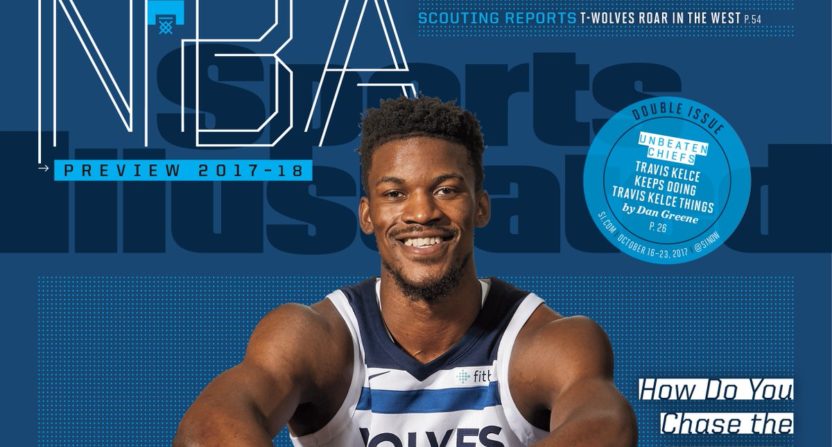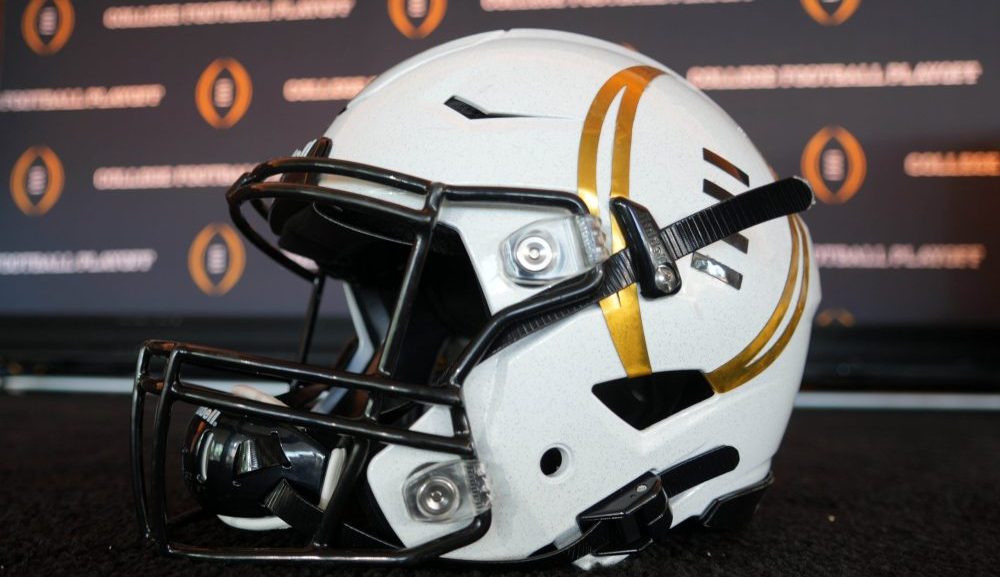On Thursday afternoon, enormously popular NFL writer Peter King announced that he is leaving Sports Illustrated, where he had worked since 1989, to join NBC. King’s departure leaves SI short its biggest name, its most reliable columnist and the editor of its NFL vertical, The MMQB. For a legacy publication fighting to retain relevance in an ever-changing media industry, it’s a massive blow.
King offered little explanation for his move, saying only that he wanted to, “move on from the 24/7-ness of football coverage and try something a little bit different.” But his choice to leave immediately made us think of something fellow SI defector Richard Deitsch told Tim Kawakami in March upon joining The Athletic.
“The thing that Sports Illustrated could’ve give me, they couldn’t give me any sort of guarantee about what’s going to happen with the company, because the people who I work for can’t control it,” Deitsch said, explaining the circumstances of Time Inc.’s impending sale. “They couldn’t guarantee where it was going to be sold, what was going to happen to the company and what was going to happen specifically to SI. So that was a big factor in my decision. I wanted to maintain a little bit of personal control of my own journey as opposed to hoping and sticking around for a roll of the dice that Sports Illustrated could get a great steward.”
In other words, Deitsch viewed a two-year-old start-up with an unproven revenue model as a safer option than the 65-year-old magazine where he had worked happily for 20 years. That’s certainly not a good sign for his former employer.
In many ways, Sports Illustrated is doing just fine. Yes, the magazine has cut back to biweekly, but its digital presence appears as strong as ever. In late March, SI digital editor Mark McClusky told Awful Announcing’s Andrew Bucholtz that SI.com had just enjoyed its best six months on record, with a 61-percent year-over-year increase in unique visitors. The SI TV streaming platform launched late last year. And just this week, the site announced three new hires, offsetting some its 2017 layoffs. For all the doomsday talk surrounding Sports Illustrated, the brand has staved off all worst-case scenarios, remaining steady in a harsh media climate.
But as Deitsch’s experience demonstrates, SI does face one highly substantial issue: uncertainty. It has been six months since Meredith bought Time Inc. with backing from the Koch brothers and six weeks since the conglomerate declared its intention to sell some of its new properties, including SI — and SI’s future remains all but impossible to predict. If the publication lands with a sympathetic (and wealthy) buyer who grew up reading the magazine each week, its next decade could look a lot different from if it sells to another highly cost-conscious corporation. There’s simply no way of knowing who will purchase the brand and what the new owner will do with it.
That ambiguous future made the difference for Deitsch as he decided his next career move, and it’s easy to imagine it was a factor for King as well. Forced to pick between one site backed by a giant television network and another that could, theoretically at least, be dismantled and sold for parts within months, it’s hard to blame the columnist for choosing stability.
Hopefully for Sports Illustrated’s sake (and the sake of everyone who values good sportswriting), SI’s eventual new owner commits to building the brand, as opposed to tearing it down. But uncertainty surrounding the sale has already cost SI in talent. And the longer the publication remains in limbo, the more hits it might take.







